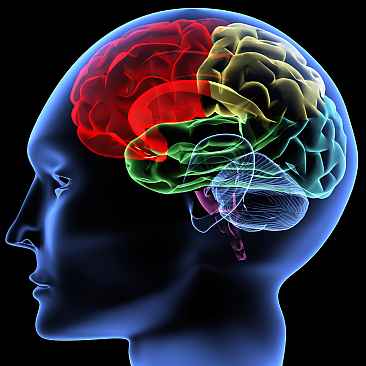The human brain is like the hardware of a computer. It is intricately connected to all neurons and plays a fundamental role in shaping our behaviors and thoughts. Each individual experiences different things, and based on those experiences, we create our own memories and store them in the brains. However, as age progresses, our brain’s complex systems become unstable, causing memories to gradually fade. Scientifically, this decline has been attributed to the disruption of neuroanatomy, impacting cognitive processes like short-term memory.
As a solution to this, music was suggested, with research indicating its particular efficacy in enhancing the memory of the elderly. In the distant past, memorizing music was viewed with skepticism. However, in the 19th century, witnessed a turing point as solo performance gained acclaim for memorizing and playing it. This shift in perception led to the emergence of effective manuals on music memorization in 1886.
The human brain includes a variety of functions. In particular, the thalamus, hypothalamus, hippocampus, and amygdala, which are part of the brain’s limbic system, play an important role in differentiating declarative and nondeclarative memories. These accumulated memories undergo encryption through synaptic stimulation involving both the cerebrum and cerebellum.
Music memory, also called music memorization, is a complex memory that includes auditory, visual, and motor memory. Auditory memory aids individuals internalize sounds, while visual memory enables the recognition of musical notations and key arrangements, facilitating the recall of sheet music. Additionally, motor memory is like a conditioned reflex that allows individuals to play an instrument without being conscious of it.
This study investigates how visual and auditory parts respond and influence music memory according to age. Participants included high school students aged 14 to 18 and adults aged 23 to 66. The experiment primarily focused on visual memory, examining the speed and accuracy of memorizing a portion of music. The results showed a significant difference in memory speed according to age, with adults having an average memory speed of 4 minutes faster. Auditory memory tested by identifying differences in original and altered segments of music heard at 3 minute intervals. Unlike visual memory, it did not vary significantly depending on age. Researchers are open to the possibility that environmental factors, such as background noise, may have affected the participants’ auditory memory. The results of this experiment showed that music, especially, enhances the short-term memory speed of older people. As can be seen in the provided graph, the elderly were clearly different, as evident in the provided graph, highlighting a distinct difference in the older adult group. Furthermore, the finding that music has a positive effect on memory processes, which may provide insight into future research and potential applications in therapeutic contexts.
Sources: https://www.jsr.org/hs/index.php/path/article/view/497/210
Image Sources: https://www.levinemusic.org/about/news/how-music-affects-memory-and-concentration/
https://www.nih.gov/news-events/nih-research-matters/monitoring-brains-memory-making-cells
Categories: Society

